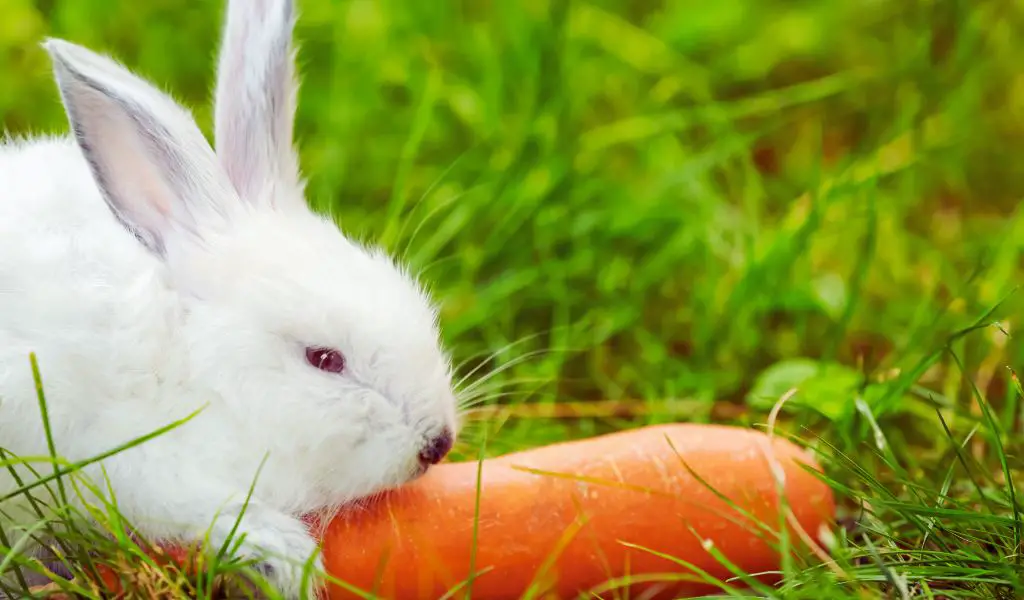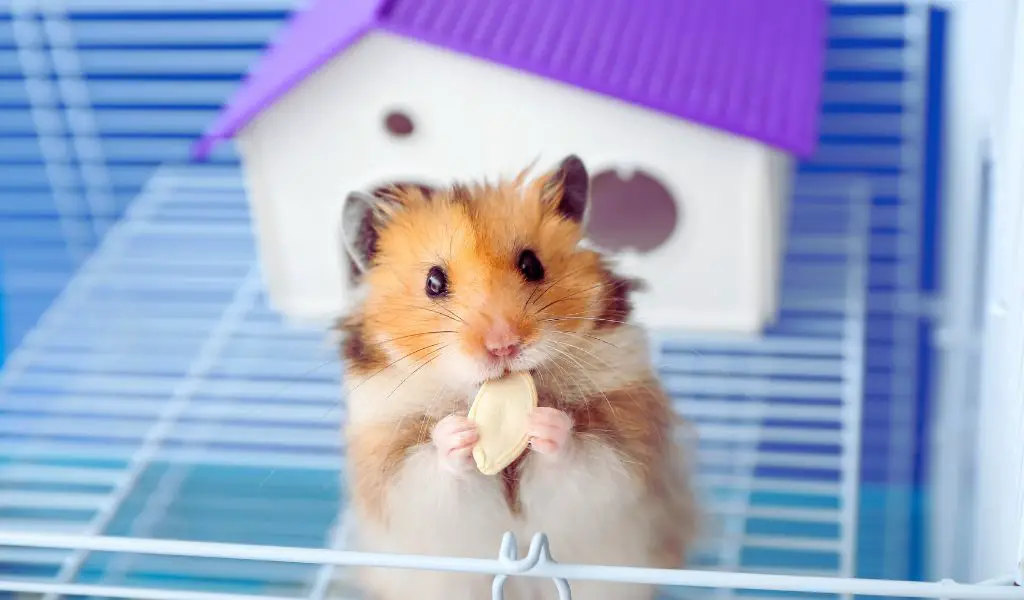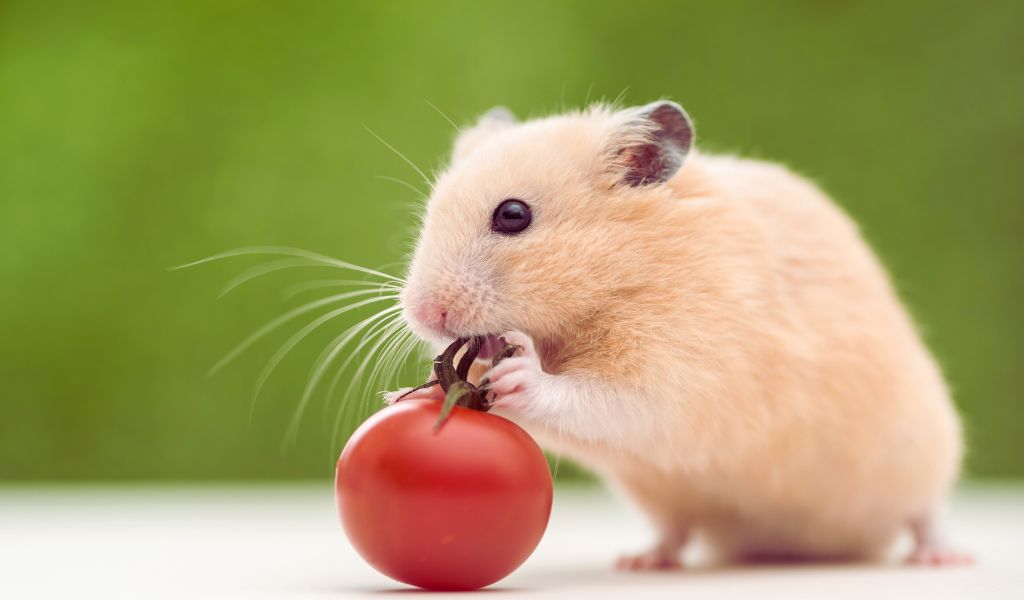The diet of a rabbit is not just a matter of curiosity but a critical element of their care.
This comprehensive guide dives deep into the dietary needs of rabbits, shedding light on the variety and balance required to maintain their health and vitality.
By understanding what rabbits eat, pet owners can ensure their furry friends lead a long, happy life.
Understanding Rabbit Nutrition
Nutrition is the foundation of a rabbit’s health. A diet that mimics their natural intake in the wild is essential for their digestive system, which is sensitive and requires a careful balance of nutrients to function correctly.
The Importance of Fiber
Fiber is arguably the most crucial component of a rabbit’s diet.
It not only aids in digestion but also helps to keep the gut moving, preventing conditions like GI stasis, a common and potentially fatal condition in rabbits. A fiber-rich diet is paramount for their overall health.
Balanced Diet Essentials
A rabbit’s diet should consist of four main components: hay, fresh vegetables, a limited amount of fruits, and pellets.
Each of these components serves a specific purpose and provides essential nutrients in the right balance.
Hay: The Staple of a Rabbit’s Diet
Hay should form the majority of a rabbit’s diet. It is rich in fiber, which is essential for their digestive health, and helps to wear down their constantly growing teeth, preventing dental problems.
Types of Hay
There are several types of hay suitable for rabbits, including Timothy, orchard, and brome hay, which are perfect for adult rabbits due to their high fiber and low calcium content.
For younger rabbits, alfalfa hay is recommended as it is richer in calcium and protein, which are vital for their growth.
Fresh Vegetables: A Vital Component
Vegetables are an important part of a rabbit’s diet, providing essential vitamins and minerals.
However, not all vegetables are safe for rabbits, and they should be introduced slowly to prevent digestive issues.
Safe Vegetables for Rabbits
Safe vegetables include leafy greens like kale, romaine lettuce, and spinach, as well as other vegetables like bell peppers and carrots (in moderation due to high sugar content).
These vegetables provide essential nutrients without the risks associated with some other vegetables.
Vegetables to Avoid
Vegetables like iceberg lettuce, which contains little nutritional value and can cause diarrhea, and vegetables high in oxalic acid, such as spinach and mustard greens, should be limited to avoid health issues.
Fruits: A Sweet Treat in Moderation
Fruits can be given as a treat but should be limited due to their high sugar content. They should not make up a significant portion of the diet.
Recommended Fruits
Fruits like apples (without seeds), blueberries, and strawberries can be given in small quantities as occasional treats.
Fruits to Limit
High-sugar fruits, such as bananas and grapes, should be given sparingly to avoid health issues like obesity and digestive problems.
Pellets: A Supplementary Necessity
While hay and fresh vegetables should make up the majority of a rabbit’s diet, pellets can provide a concentrated source of nutrients. However, they should be given in moderation.
Choosing the Right Pellets
When selecting pellets, look for those high in fiber and low in calories to support a healthy diet without contributing to obesity.
Foods to Avoid
Certain foods are toxic to rabbits and must be avoided altogether.
These include chocolate, avocado, and allium vegetables like onions and garlic, which can cause serious health issues.
Feeding Guidelines
Understanding how to feed your rabbit, including portion control and frequency, is crucial for their health.
Overfeeding, especially with pellets and treats, can lead to obesity and other health problems.
Portion Control and Frequency
The amount of food given should be carefully monitored, and fresh hay should be available at all times.
Vegetables and fruits should be given in moderation, and pellets should make up only a small portion of the diet.
The Importance of Fresh Water
Fresh, clean water must be available to rabbits at all times. It is essential for their digestion and overall health.
Special Considerations
The dietary needs of rabbits can vary significantly based on their age, health, and lifestyle. It’s essential to adjust their diet accordingly.
Young Rabbits vs. Adult Rabbits
Young rabbits have different nutritional needs than adults, requiring more protein and calcium for growth.
This is why alfalfa hay is recommended for young rabbits but not for adults.
Diet Adjustments for Health Issues
Rabbits with health issues may require specific dietary adjustments. Consulting with a veterinarian is crucial to ensure their diet supports their health needs.
Feeding rabbits a balanced diet tailored to their specific needs is crucial for their health and well-being.
By understanding the components of their diet and the importance of each, pet owners can provide the best care for their furry friends, ensuring they lead a healthy, happy life.





